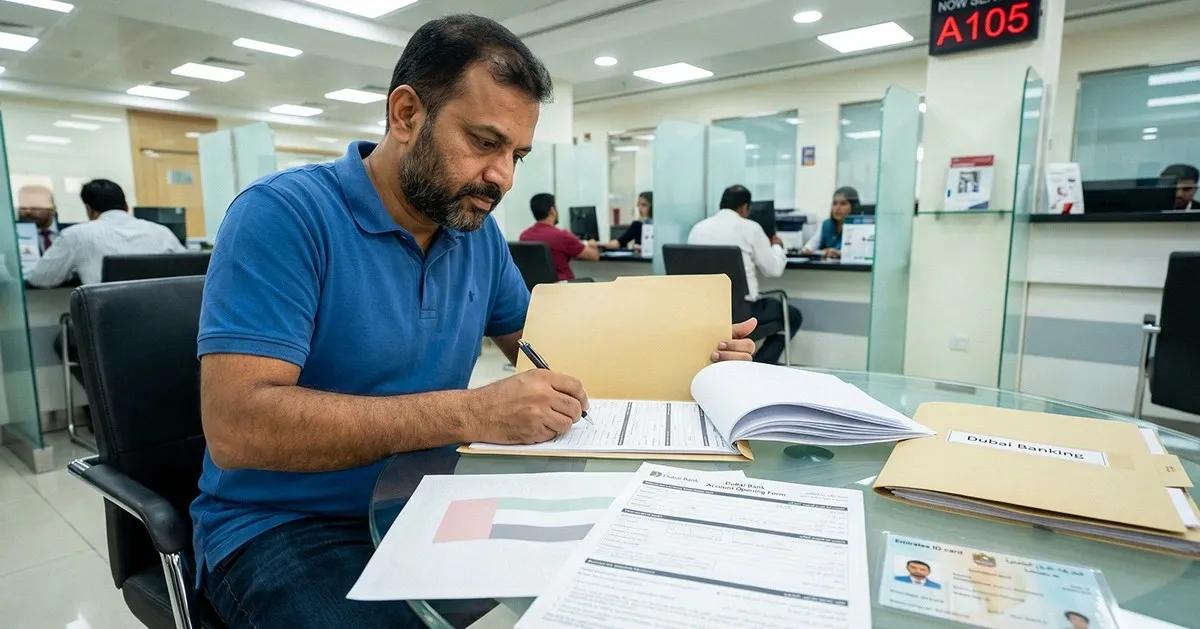With a projected real GDP growth of 5.9% in 2025, India remains one of the fastest-growing economies in the world. For a foreign company, establishing a local unit here opens up a world of opportunities. The best way to do so is often through foreign subsidiary company registration.
While starting a business in a new country presents unique challenges, the foreign company subsidiary registration process in India is a well-defined path. This guide provides the clarity needed to navigate your entry into the Indian market successfully.
What is a Foreign Subsidiary in India?
A foreign subsidiary is an Indian company established and controlled by a parent company based in another country. The parent company usually holds more than 50% of the shares, giving it control over major business decisions of the subsidiary.
Under Indian law, a foreign subsidiary is treated as a regular Indian company and must comply with all applicable local regulations. These include, but are not limited to, the Companies Act, 2013, the Foreign Exchange Management Act (FEMA), the Income Tax Act, and other relevant labor and commercial laws. This compliance framework allows foreign businesses to operate seamlessly in India as if they were local entities.
Wholly-Owned Subsidiary vs. Joint Venture
When considering market entry in India, foreign companies must choose between maintaining full control through a wholly-owned subsidiary or sharing ownership and expertise in a joint venture.
| Aspect | Wholly-Owned Subsidiary (WOS) | Joint Venture (JV) |
| Ownership | 100% owned by the foreign parent company | Foreign parent owns more than 50%; Indian partner owns the rest |
| Control | Complete control over operations, decisions, and profits | Shared control; major decisions usually require consensus |
| Decision-Making | Full autonomy in strategic and operational decisions | Requires collaboration and consensus with the Indian partner |
| Establishment Legal Route | Only allowed in sectors permitting 100% FDI under the Automatic Route | Allowed in sectors where FDI up to a certain limit is permitted or with government approval |
| Local Expertise | Limited local input without Indian partners | Access to local knowledge, networks, and cultural understanding |
| Regulatory Navigation | Managed solely by the foreign parent company | Indian partner aids in navigating regulations and business culture |
| Profit Sharing | All profits go to the foreign parent company | Profits are shared between the foreign parent and the Indian partner |
| Risk Sharing | All risks borne by the foreign parent company | Risks and liabilities are shared with the Indian partner |
| Flexibility and Speed | More agile due to centralized decision-making | Decisions may take longer due to the need for consensus |
| Market Entry Advantage | Total independence, but may face entry barriers alone | Easier access to markets through the local partner’s network |
| Common Usage | Preferred by companies seeking full control and autonomy | Preferred in sectors with restrictions on 100% FDI or when local insight is critical |
| Compliance | Compliance is entirely managed by a foreign company | Joint compliance responsibility with the Indian partner |
| Examples of sectors for WOS | IT, E-commerce (where 100% FDI under the automatic route is allowed) | Sectors like defense, telecom, where JV or partnerships often prevail due to FDI limits |
Choosing between a WOS and a JV is a big decision. It depends on your business goals, your need for control, and how much you value local partnership.











